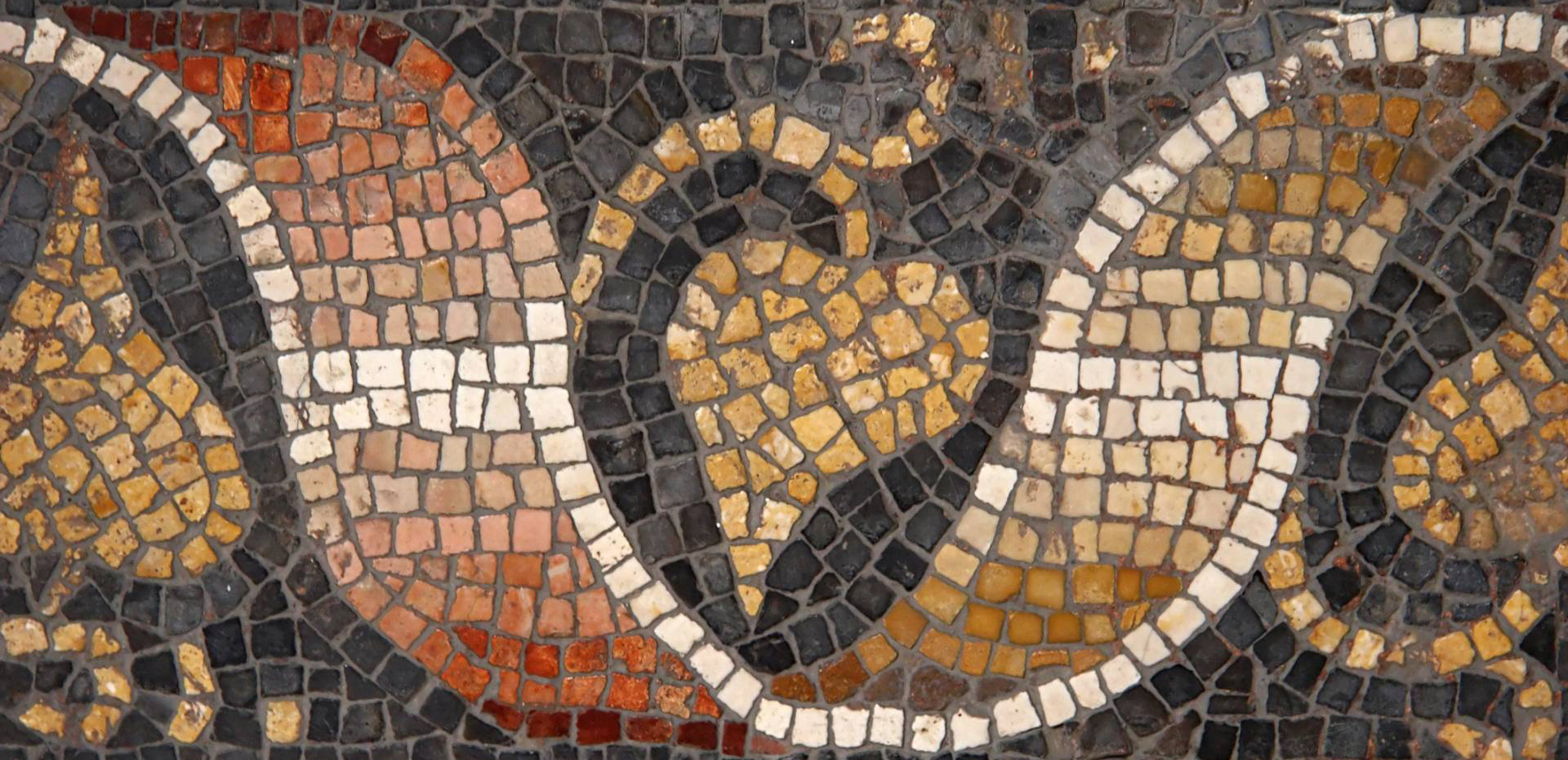SOMMARIO:
A. EVENTI
1. KONFERENZ: “ARISTOTELES-KOMMENTARE UND IHRE UEBERLIEFERUNG IN SPAETANTIKE, MITTELALTER UND RENAISSANCE” (HAMBURG, 26-28.10.2017)
2. GIORNATA DI STUDI SU ANGELO MARIA BANDINI: LA SUA DIMORA, IL SUO MUSEO, I SUOI INTERESSI (FIRENZE, 31.10.2017)
3. CONFERENCE: B. PENTCHEVA, “RE-ANIMATING THE PAST: THE LOST VOICE OF HAGIA SOPHIA” (ROME, 06.11.2017)
4. ACCADEMIA AMBROSIANA: VIII DIES ACADEMICUS / CLASSIS ORIENTALIS (MILANO, 06-08.11.2017)
5. VORTRAG VON H. J. EVANZIN: “EIN PHARMAZEUTISCH-LINGUISTISCHES FENSTER ZUR ARMENISCHEN MEDIZIN DES MITTELALTERS” (WIEN, 08.11.2017)
6. PRESENTAZIONE DEL LIBRO DI M. L. AGATI, “THE BOOK MANUSCRIPT. A COMPENDIUM OF CODICOLOGY” (ROMA, 08.11.2017)
7. COLLOQUE: “LA BIBLE DANS LES CATECHESES DES IVE-VE SIECLES” (STRASBOURG, 09-10.11.2017)
8. ENCUENTRO INTERNACIONAL DE CRITICA TEXTUAL GRIEGA: “DEL MANUSCRITO ANTIGUO A LA EDICION CRITICA DE TEXTOS GRIEGOS: HOMENAJE A LA PROF.A ELSA GARCIA NOVO” (MADRID, 14-16.11.2017)
9. JOURNEE D’ETUDE: “LES ARTS DES CHRETIENS D’ORIENT” (PARIS, 18.11.2017)
10. LAVORI IN CORSO PER GINO TARTAGLIA (NAPOLI, 21.11.2017)
11. CONFERENCE OF PROF. JOHN HALDON: “ST THEODORE, EUCHAITA AND ANATOLIA, C. 500-1000 CE: LANDSCAPE, CLIMATE AND THE SURVIVAL OF AN EMPIRE” (ISTANBUL, 21.11.2017)
12. INTERNATIONAL CONFERENCE: “LOGIC IN THE CAROLINGIAN AGE: GLOSSES, DIAGRAMS, AND MANUSCRIPTS” (VIENNA, 23.11.2017)
13. PONTIFICIO ISTITUTO DI ARCHEOLOGIA CRISTIANA: VIII CICLO DI CONFERENZE (2017-2018): J. PATRICH, “AN UPDATE ON EARLY CHRISTIAN ARCHAEOLOGY IN ISRAEL” (ROMA, 24.11.2017)
14. CONFERENCE: “THE EDITING OF TEXTBOOKS AND THE STUDY OF MEDIEVAL GREEK LITERATURE” (VIENNA, 24-25.11.2017)
15. GIORNATA DI STUDI: “TROIANA / TROIKA’. VICENDE DELLA MATERIA TROIANA TRA ORIENTE E OCCIDENTE” (MILANO, 28.11.2017)
16. “BYZANTIUM AND THE MODERN IMAGINATION” (BRNO, 12-14.09.2018): CALL FOR PAPERS (DEADLINE: 30.03.2018)
B. PUBBLICAZIONI
1. P. CESARETTI – E. MINGUZZI, “DIZIONARIETTO DI GRECO” (2017)
C. NOTIZIE
1. STELLUNG: PROFESSUR (W2) AUF ZEIT (6 JAHRE/TENURE TRACK) FUER NEUGRAEZISTIK / LUDWIG-MAXIMILIANS-UNIVERSITAET MUENCHEN (APPLICATION DEADLINE: 30.11.2017)
2. FELLOWSHIPS AT THE HERZOG AUGUST BIBLIOTHEK WOLFENBUETTEL 2019 (APPLICATION DEADLINE: 31.01.2018)
3. NEWSLETTER DELL’ASSOCIAZIONE INTERNAZIONALE DI STUDI BIZANTINI (AIEB)
